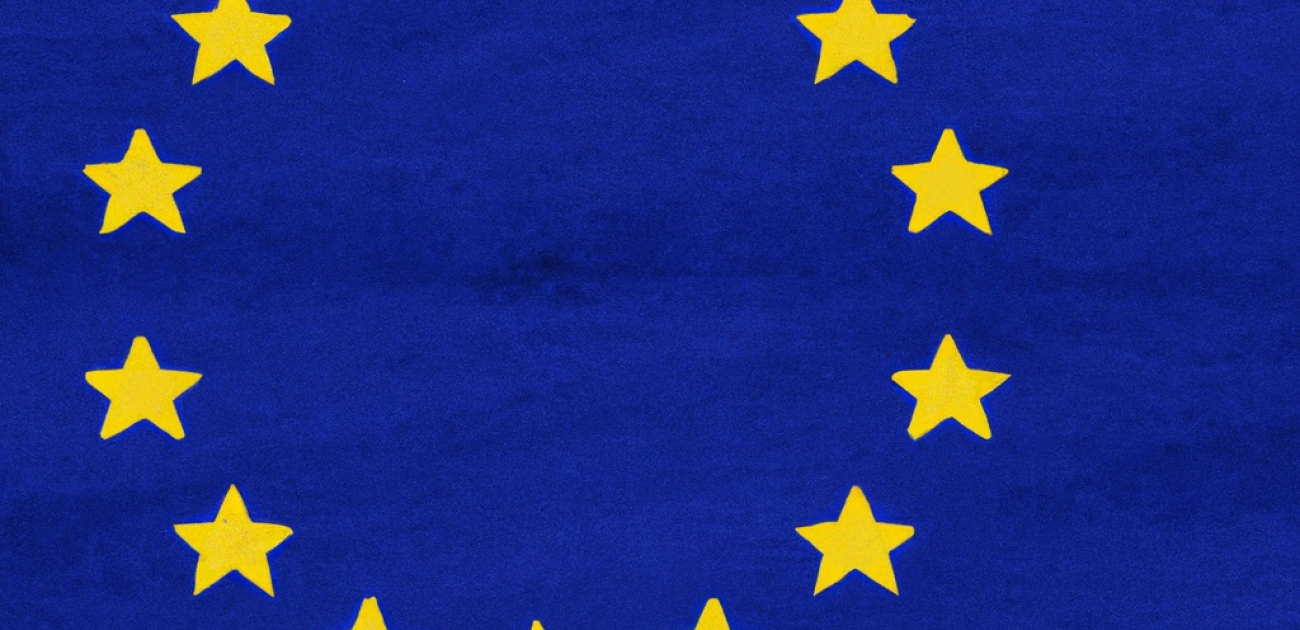The Advent of the Unitary Patent in Europe
On 1st June 2023, with the entry into force of the International Agreement on the Unified Patent Court (UPC), the unitary patent system began. It represents a big revolution in the field of patent protection.
The European patent with unitary effect ('unitary patent') is granted by the European Patent Office (EPO) and allows, through the payment of a single renewal fee directly to the EPO, simultaneous patent protection in the 17 EU countries that have ratified the TUB Agreement.
The unitary patent does not replace but simply complements the patent protection that exists today at national level (in Italy at the UIBM) and at European level (at the EPO).
Just to remind the differences:
- the national patent is granted by the competent authorities of the country of the application and is subject to the laws and territorial jurisdiction of that country;
- the European Patent confers on its holder the same rights that would derive from a national patent, but limited to the states for which validation is requested (at present there are 38 member states of the European Patent Convention, or EPC, the Convention on the Grant of European Patents, but the patent title can also be extended to a few other countries), not expanding its effects with regard to all the states that are part of the EPC, as one might think. The European patent generates a bundle of national patents as many as the number of states designated by the applicant, so its validity and scope of protection are governed by the various national laws and judged by national courts on infringement;
- the Unitary Patent allows the patent holder to obtain 20 years protection on his invention at the same time in all countries that have ratified the Agreement, at the time the application is filed with the European Patent Office. Unlike the European Patent, therefore, the Unitary Patent requires only one procedure to be carried out, as validation is not necessary for each individual State: a mechanism designed to reduce the time and costs that the applicant has to bear.
The unitary patent and the European Patent are destined to coexist, as companies will be able to obtain unitary protection in states that have ratified the TUB Agreement and will be able to validate the European patent in states that are not covered by unitary protection, i.e. states that have not yet ratified the agreement, non-EU member states, and states that have decided not to participate in enhanced cooperation, such as Spain and Portugal.
The most important novelty is certainly the one concerning patent protection, in fact, there will be uniform protection with the same effectiveness in all EU Member States that have ratified the TUB Agreement.
The concept of 'unitary nature' of the patent title is not limited to the process of granting the patent (it should be noted that a single validation fee and a single maintenance fee are envisaged) but extends to every legally relevant phase of its life. In other words, the duration - from entry into force to expiry or lapse -, assignment and any court decision will be shared in all countries where the Unitary Patent operates.
Another innovative revolution is the establishment of the Unified Patent Court, a centralised court with offices in Munich, Paris and – soon – in Milan, as well as local divisions in few other accession countries, which will deal exclusively with litigation in the field and whose decisions are binding in all countries that have signed the agreement.
The establishment of a single Court will bring with it the important advantage of creating a unified jurisprudence with judgments that will be effective in all EU Member States, with a faster procedure compared to the national ones, among the consequences there will also be a very important one that will concern the declaration of invalidity of the patent, in fact a patent declared invalid would lose its effectiveness in all the Member States, thus entailing, in this case, a disadvantage for the company.
For a period of time, holders of already granted European Patents will be able to decide whether or not to go to the Unified Patent Court. If they prefer to continue to make use of classic state-by-state judicial protection, they may exclude the jurisdiction of the Unified Patent Court through the opt-out procedure.
Such an opt-out request can be filed, also for all supplementary protection certificates related to the European Patent, for a transitional period of 7 years (extendable for another 7) from the entry into force of the Agreement. If you decide to opt out of the jurisdiction of the CPO, you will always be able to revoke that choice by re-entering the centralised system through the opt-in procedure.
Both opt-in and opt-out are precluded if the European Patent is already the subject of a case before a national court or the CPO.
Obviously, there is no possibility of exercising the opt-out in relation to unitary patents, the TUB having exclusive jurisdiction in disputes concerning such a design right.

